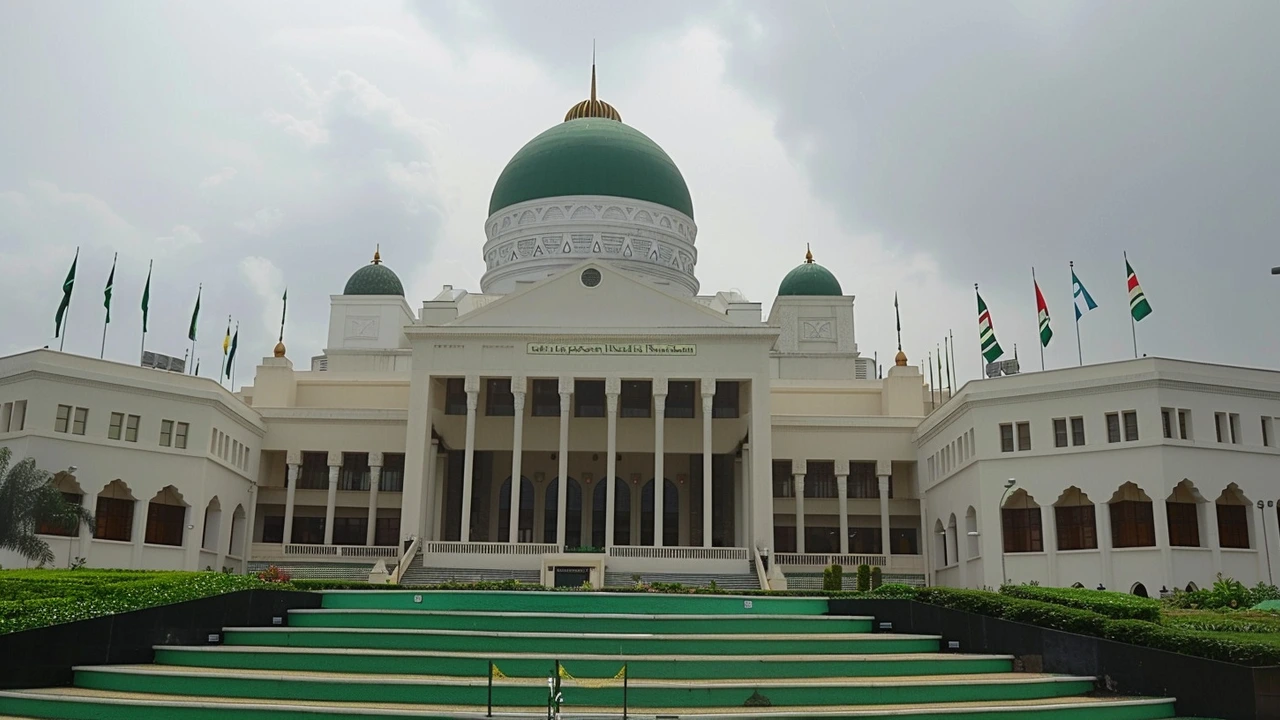Understanding Decentralization in Nigeria
Decentralization is a big word that just means shifting some power from the central government to local authorities. In Nigeria, this idea is crucial because it helps bring government closer to the people who live in different regions and communities. Instead of everything being decided in Abuja, local governments get the chance to handle issues that directly affect their areas.
But why does decentralization really matter? Well, Nigeria is a large and diverse country with many ethnic groups, cultures, and challenges. Centralized decisions don’t always work well for everyone. By empowering states and local governments, decentralization aims to make governance more responsive and effective.
How Decentralization Works in Nigeria
Nigeria’s constitution sets out how power is spread between the federal government and the states. Each state has its own government and local councils, each responsible for certain functions like education, healthcare, and local roads. When decentralization works well, these local governments can solve problems faster because they understand their community's needs better.
For instance, schools in one state might have different water safety issues compared to another. Local authorities can act and create policies tailored specifically for those conditions, which wouldn’t be as easy if everything had to go through the federal level first.
The Challenges and Opportunities
Of course, decentralization isn’t simple. Sometimes local governments don’t have enough money or trained people to take on all these responsibilities. Corruption and overlaps in power can also muddy the effectiveness. Yet, when done right, decentralization boosts transparency and encourages citizen participation — people get to have a say in how their community is run.
For everyday Nigerians, decentralization can mean quicker services, better public health responses, and more attention to local problems like clean water in schools. It’s a process that’s still evolving, but with the right focus, it can make government work smarter and closer to home.
So, whether you’re interested in politics or just care about how your local community gets things done, decentralization is a key piece of Nigeria’s governance puzzle. It’s about sharing power, responsibility, and making sure voices aren’t lost in a sea of central bureaucracy.

Retired Civil Service Director Advocates for Nigeria's Return to Regional Government System
- by Masivuye Mzimkhulu
- on 1 Jun 2024
Dr. Akin Fapohunda, a retired federal civil service director, has drafted a bill proposing Nigeria's return to a regional government system akin to that of 1963. The ambitious proposal seeks to decentralize the country into 12 regions, giving each region control over its own affairs. The bill aims to promote autonomy and is expected to be considered for law before October 1, 2024.